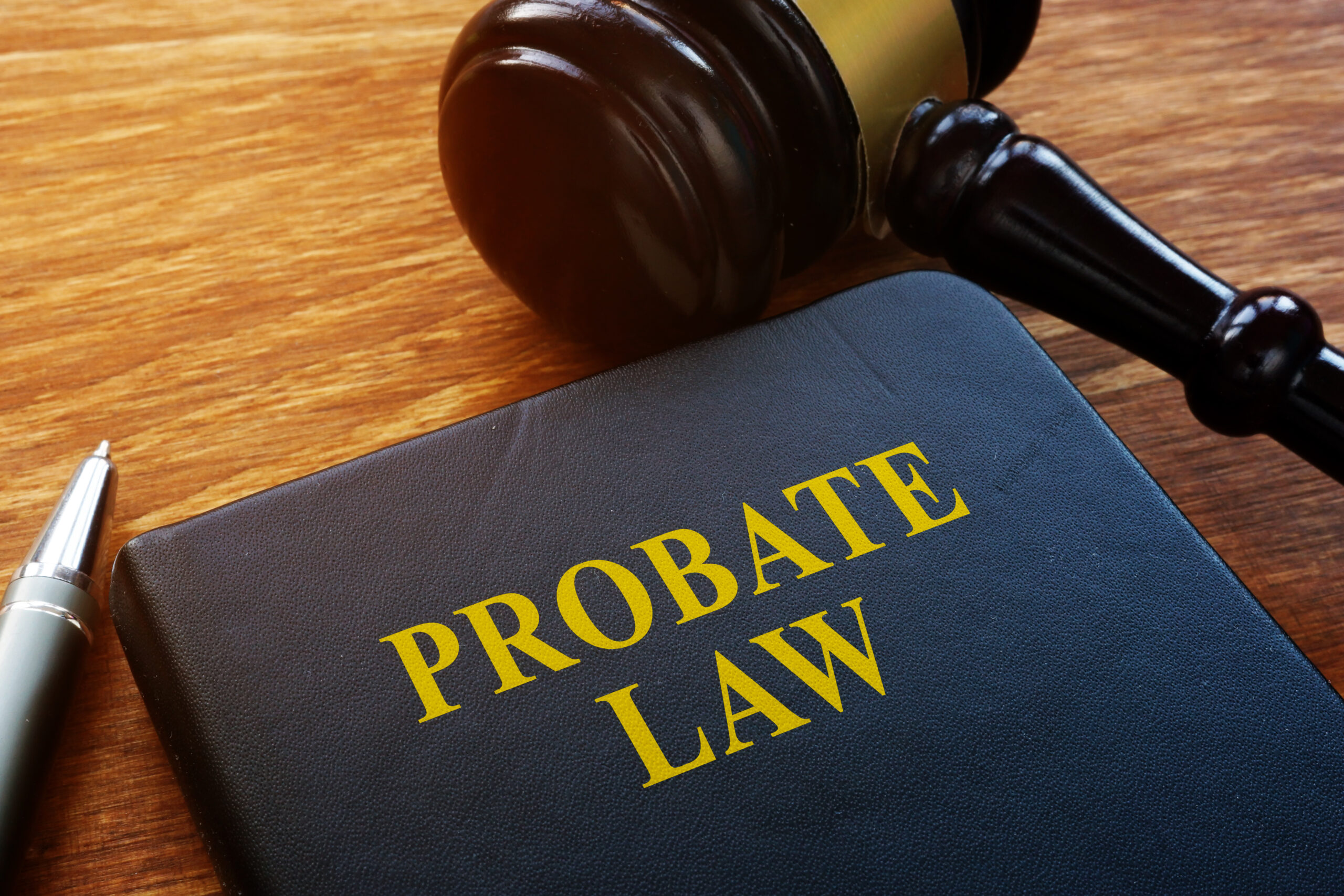What Happens to Your Assets If You Die Without a Will in Singapore?
When someone passes away, their estate – everything they own, such as property, bank accounts, insurance, and investments – needs to be managed and distributed. If you have a valid Will, this process is straightforward: your executor follows your instructions.
But what happens if you die without a Will in Singapore? In that case, the Intestate Succession Act (ISA) decides who inherits your estate and who manages it. This article explains how the process works, what your loved ones must do, and why it’s important to make a Will.
What Happens When There’s No Will?
If you pass away without leaving a valid Will, the law considers you to have died “intestate.” Your assets will be frozen until the Court appoints someone – usually your closest next of kin – to administer your estate.
That person must apply for a Grant of Letters of Administration before they can:
- Collect assets (e.g. close bank accounts, transfer property, claim insurance).
- Pay off your debts and outstanding taxes.
- Distribute the remaining estate to family members in the order prescribed by the ISA.
Step 1: Assets Are Frozen
Immediately upon death, the deceased’s assets are frozen. This means:
- Bank accounts cannot be accessed.
- Properties cannot be sold or transferred.
- Shares, cars, and other assets cannot be dealt with.
Only once the Court issues a Grant of Probate (with a Will) or Letters of Administration (without a Will) can the estate be distributed.
Step 2: Who Can Apply for Letters of Administration?
If there’s no Will, the Court appoints an Administrator to manage the estate. Under the Intestate Succession Act, priority is given in the following order:
- Spouse
- Children
- Parents
- Siblings
- Nephews and nieces
- Grandparents
- Uncles and aunts
If the first in line is unwilling or unsuitable, the next eligible relative may apply. Sometimes, multiple administrators are appointed to ensure fairness.
Step 3: Paying Debts Before Distribution
The Administrator must first settle:
- Funeral expenses
- Outstanding loans
- Credit card balances
- Taxes
- Other liabilities
Only after debts are cleared will the remaining estate be distributed to the beneficiaries.
Step 4: Distribution Rules Under the Intestate Succession Act
The ISA sets out how assets are divided when there is no Will. Here are the common scenarios:
- Spouse only (no children or parents): Spouse inherits everything.
- Spouse and children: Spouse receives half; children share the other half equally.
- Children only (no spouse): Children inherit everything equally.
- Spouse and parents (no children): Spouse receives half; parents share the other half equally.
- Parents only (no spouse or children): Parents inherit equally.
- Siblings only: Siblings (or their children, if deceased) inherit equally.
- Grandparents only: Grandparents inherit equally.
- Uncles and aunts only: They inherit equally.
- No surviving relatives: The estate goes to the Singapore Government.
Special Situations
- CPF Savings – CPF monies do not form part of the estate. If there is a valid CPF nomination, the CPF Board pays directly to the nominees. If not, the savings go to the Public Trustee’s Office for distribution under the ISA.
- HDB Flats – Distribution depends on ownership type, eligibility, and HDB rules. For example, joint tenancy means the surviving co-owner automatically inherits the flat.
- Joint Assets – Bank accounts or property held in joint tenancy usually pass directly to the surviving co-owner.
Why You Should Make a Will
Without a Will, you have no control over who inherits your estate or who manages it. Your family may face delays, unnecessary costs, or even disputes. Making a Will ensures:
- Your assets go to the people you choose.
- You appoint someone you trust as Executor.
- You provide clarity for your family at a difficult time.
Contact an experienced estate lawyer
If a loved one has just passed on, it can be an overwhelming and emotionally difficult task for the family members to deal with the deceased’s estate. The probate lawyers at PKWA Law provide a professional and compassionate service to clients who have lost loved ones and require legal assistance with applications to obtain a Grant of Probate or a Letter of Administration.
Fixed, clear & transparent fees
$1,590
For estates below $500k, no property, no minor beneficiaries
$2,590
For estates below $3 million


